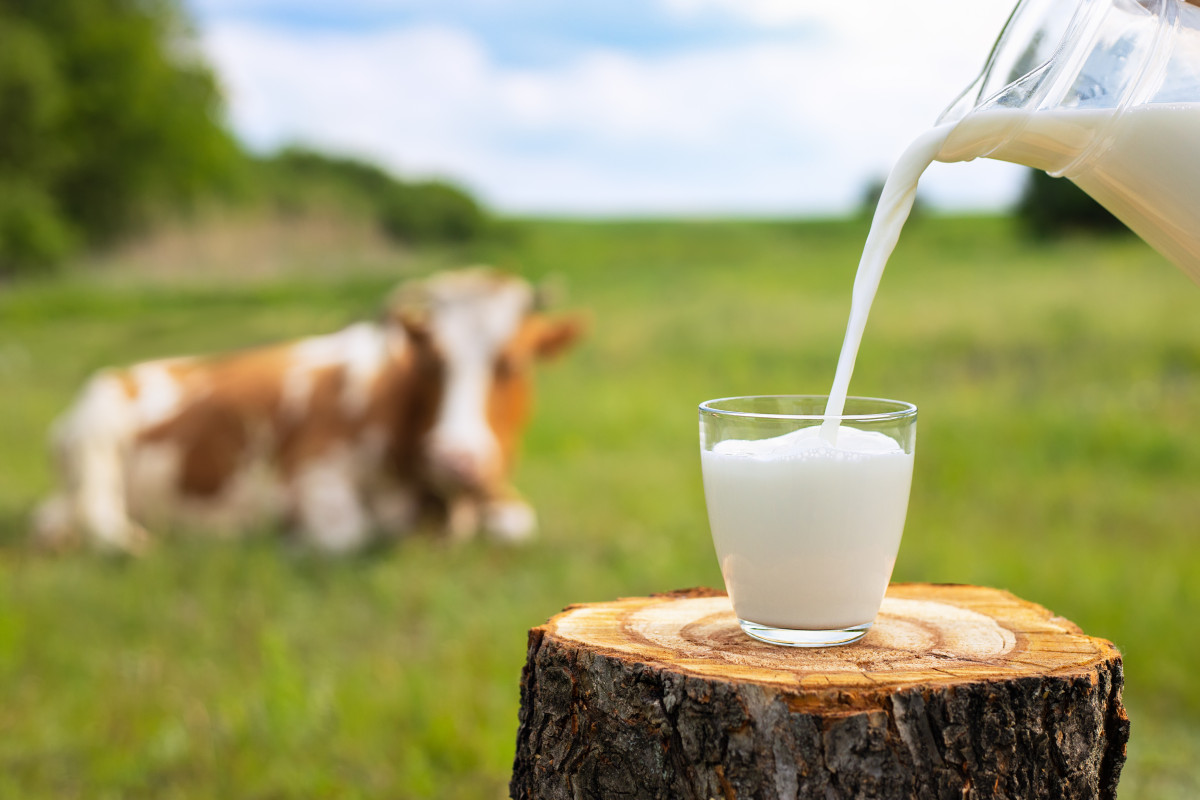Calls for Ukraine
Calls for Europe
Calls for USA

Raw milk, which some call a natural and nutritious alternative to pasteurized dairy products, may harbor hidden dangers, according to a new study from Stanford University. The study, published in the journal Environmental Science & Technology Letters, shows that the flu virus can remain pathogenic for up to five days in refrigerated raw milk. The findings come at a time when outbreaks of bird flu among dairy cattle have raised fears about the possibility of a new pandemic.
“This work highlights the potential risk of bird flu transmission when consuming raw milk and the importance of pasteurizing it,” said senior study author Alexandria Boehm, a professor of environmental studies at Stanford University.
Millions of people consume raw milk every day. It is not heated to kill potentially harmful pathogens. Advocates of raw milk argue that it retains more beneficial nutrients, enzymes and probiotics than boiled and pasteurized milk and can boost immunity and gastrointestinal health.
The U.S. Food and Drug Administration has linked raw milk to more than 200 outbreaks and, along with the Centers for Disease Control and Prevention, warns that microorganisms such as E. coli and salmonella found in raw milk pose a “serious” health risk, especially for children, the elderly, pregnant women and people with weakened immune systems.
Milk and flu viruses
Researchers studied the persistence of a strain of human influenza virus in raw cow’s milk at normal refrigeration temperatures. The influenza virus, called H1N1 PR8, survived and remained infectious in the milk for up to five days.
“The persistence of infectious influenza virus in raw milk for several days raises concerns about possible transmission routes,” said study co-author Mengyang Zhang, an industrial engineering and environmental scientist. “The virus can infect surfaces and other environmental materials in dairies, posing a risk to animals and humans.”
In addition, the researchers found that influenza virus RNA – molecules that carry genetic information but do not pose a health risk – remained detectable in raw milk for at least 57 days. In comparison, pasteurization completely destroyed the influenza virus in milk and reduced the amount of viral RNA by nearly 90%, but did not destroy the RNA completely. Although exposure to influenza virus RNA does not pose a health risk, RNA-based testing methods are often used for environmental monitoring of pathogens such as influenza virus.
This study grew out of an earlier project that examined human norovirus and the subfamily of viruses responsible for the COVID-19 pandemic.
Why is this important right now?
In the U.S. alone, influenza viruses infect more than 40 million people and kill more than 50,000 each year. These types of viruses can be transmitted from animals to humans, as in the case of swine flu, which infected 1.4 billion people worldwide in 2009-2010.
Although avian flu has not yet been proven dangerous to humans, it can mutate and become dangerous. The recent discovery of avian influenza in cattle has raised questions about the possibility of transmission through milk and other dairy products.
The findings underscore the importance of improving monitoring systems, especially as avian influenza continues to spread among livestock, the study authors said.
This study complements a previous study involving the same scientists who first used wastewater to detect avian influenza. The analysis showed that commercial and industrial dairy wastes were the main sources. By analyzing the wastewater, health officials could detect virus activity in nearby cattle populations.
“We never thought wastewater could be used to detect and respond to zoonotic pathogens circulating in the community,” Boehm says. “It’s been amazing to watch our work on virus detection in wastewater spread across the United States and around the world.”
Please rate the work of MedTour
